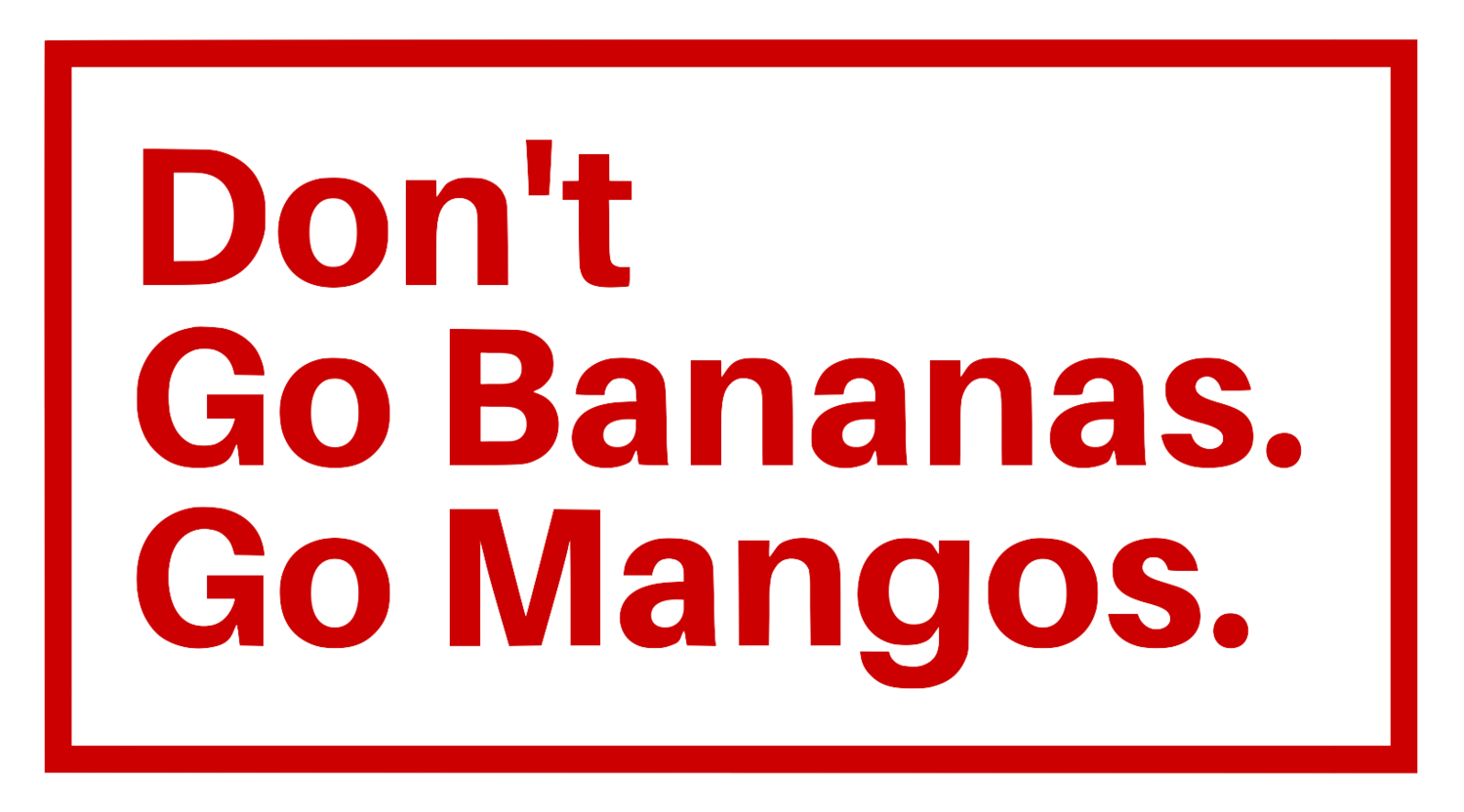Financial points to consider as a first time home buyer
Let's go over some money details you should know when you purchase your first home! We will go over 3 key components: the RRSP Home Buyers Plan, closing costs, and Land Transfer Taxes.
RRSP Home Buyers Plan
We've all heard about RRSPs, right? Presumably, you've got one set up and have been contributing towards your RRSP account (RRSP = Registered Retirement Savings Plan). If you haven't heard of this, basically it's a account, or a bucket, in which you can put some savings. For every dollar you put into this bucket, you get to reduce how much money you declare as income in a given tax year (all this means you save on taxes). The government encourages us to save in this account to ensure we have enough money to fund our retirement (and when we have no income). Typically, if you withdraw money from this account before your retirement, you are penalized for it. Gulp.
There are, luckily, a couple of exceptions where we can take money out of our RRSPs without having to pay a penalty. One of those glorious exceptions occurs when you withdraw money from your RRSP in order to pay for your your first house/condo purchase. It's called the RRSP Home Buyers Plan. And it's awesome. Want to see why?
Let's say your total income this year is $100,000 and you will be taxed $30,000 from the CRA based on making that $100,000 in income. Your net income will be $70,000 ($100,000 - $30,000). The entire $100,000 is looked at as taxable income.
If you had contributed some savings to you RRSP account, your tax situation would change. Check it out: Let's say you put $25,000 in your RRSP. That effectively reduces your "taxable income" by that amount. Now, you will only be taxed for $100,000 - $25,000 = $75,000 (taxable income). In other words, the CRA will not tax this $25,000! It's still yours, it's just sheltered for now. Even better than that? You likely have already paid taxes to your employer as if you were going to make $100,000, so you would have overpaid your taxes for the year. When you put this money in your RRSP, you'll get a big fat refund cheque from the government! It'll be worth $1000s! By putting that money in your RRSP, you sheltered your savings from taxes, created a refund cheque AND you can still access the $25,000 to buy your new home. You just have to pay that $25,000 back to yourself within the next 15 years. TOTALLY POSSIBLE, right?!
The RRSP Home Buyers Plan is an excellent way to save money, save on taxes and create a bonus refund cheque to help you build your downpayment. The one problem, you can only take advantage of this when you are a first time home buyer. So be sure to pull this off when you have the chance!
CLOSING COSTS
As a buyer, it’s important to know how much liquid cash you need to make available when buying real estate in Toronto. By "liquid cash" we don't mean wet money, we mean money that is readily available in cash (bank draft) format. It can't be tied up in another country or in a GIC, for example.
Have a look at the chart below. It lays out what some of those costs are. The bolded amounts are cash amounts that need to be paid at certain times in the process. The deposit has to be available the same day you find the place you love in most cases, and the other closing costs need to be ready for the day you get your keys to your new place. Some of these costs can and some can't be added to your mortgage. We go over this in detail when we meet our buyer clients for the first time.
Let's say you want to purchase a $400,000 condo. The costs could look like this (as a simple example):
Again, we go over a lot of the details of this info, specifically as it relates to you, if and when we get together and learn more about your situation.
LTT in the chart stands for land transfer tax.
LAND TRANSFER TAXES
Usually the largest item in "Closing Costs" are the Land Transfer Taxes you pay. When you buy a property in Ontario you have to pay land transfer tax (and a 2nd tax is also payable if you're buying in Toronto). This is separate from a sales tax, but not dissimilar. It's a tax we all pay when we buy property. The amount of the tax is based on the value of the property being bought, whether it's in Toronto, and whether the person buying is a first time home buyer. The higher the property price, the higher the tax. So the more you pay for your house, the more you will pay for your land transfer tax - all other things being equal.
Here is a simple calculator you can use to estimate how much you will need to pay:
Here's some more info on the two types of land transfer tax:
- Ontario – approximately 2% of cost of home. Rebatable if first time buyer, up to a maximum of $4,000
- Toronto – approximately 2% of cost of home. INSTANT rebate if first time buyer up to a maximum of $4,475.
And of course your mortgage broker and Realtor will take all of these costs into consideration during your pre-approval! Don't worry! You'll learn all about how these impact you as you pursue home ownership. In our experience, the joy and wealth earned from property ownership overpowers any and all of these costs by a mile!


